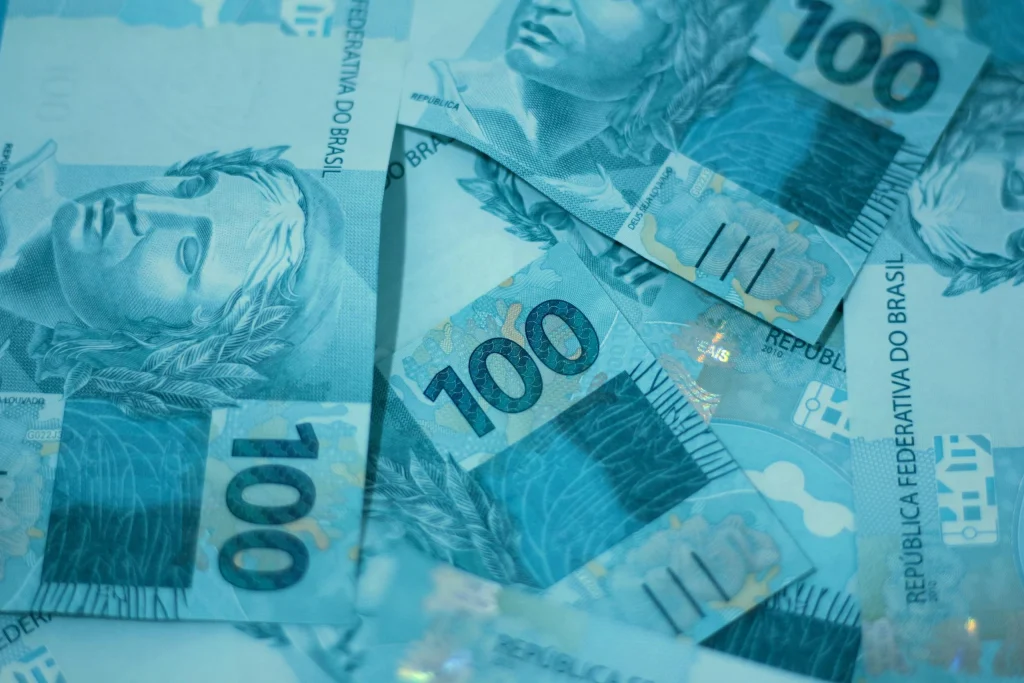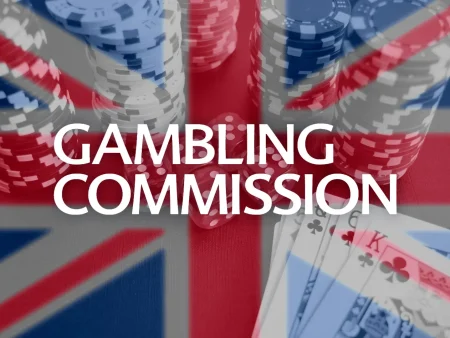According to the latest report from RFB, Brazil’s federal tax agency, the country collected around R$764 million in gambling taxes in June 2025. That’s equivalent to approximately €117.7 million in a single month. Operators in the regulated online gambling market, live for just six months, paid this amount.

These figures reflect taxes collected under Brazil’s national framework, which legalized and formalized fixed-odds betting and online casino gaming. It’s the first time Brazil has had a structured, taxed online gambling sector, and the early results are significant. With over 12,500 illegal betting sites restricted by Brazilian regulators in recent months, this shift follows a wider enforcement push.
Looking at the bigger picture, the total tax revenue from the first half of 2025 has already passed R$3.8 billion or €685 million. That’s a substantial return for a newly regulated industry, as well as more growth is expected soon.
The government introduced a provisional measure raising the GGR or gross gaming revenue tax rate from 12% to 18% on June 11. This rate hike could sharply increase monthly tax intake in the second half of the year if maintained. The target is to further capitalize on a market that is both fast-growing and now fully legal.
To reinforce the government’s long-term revenue strategy, Brazil plans to start enforcing the new 18% betting tax in October 2025.
The long-term future of the market is still uncertain in spite of the strong start.
In a surprising move, federal deputy Luiz Carlos Hauly (Vamos-PR) has introduced Draft Law No. 3636/2025. The proposal seeks to repeal Laws 13,756 and 14,790— the very legislation that legalized online gambling.
The bill would restrict fixed-odds betting across Brazil and prohibit gambling advertisements entirely, both online and offline if passed. Observers see the proposal as a direct challenge to the newly regulated industry and its legitimacy.


